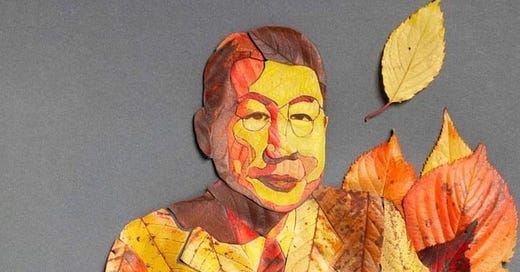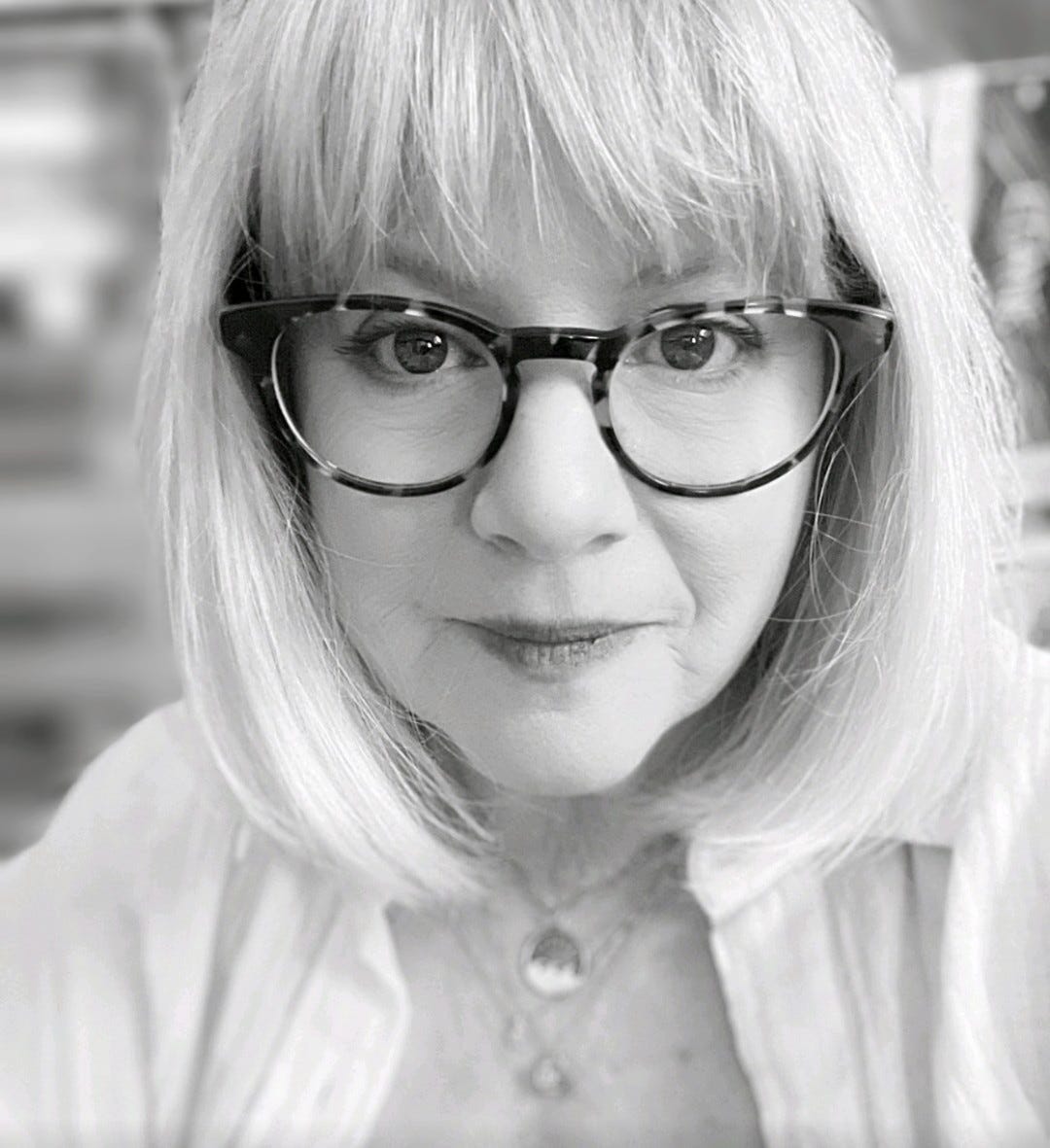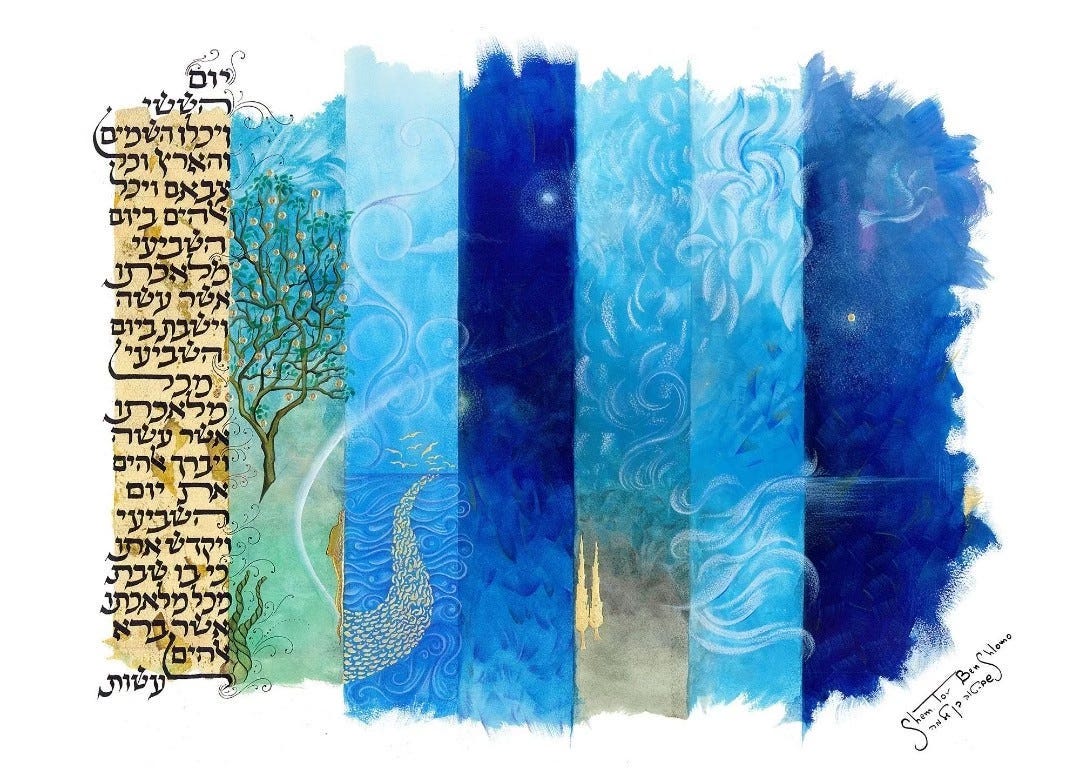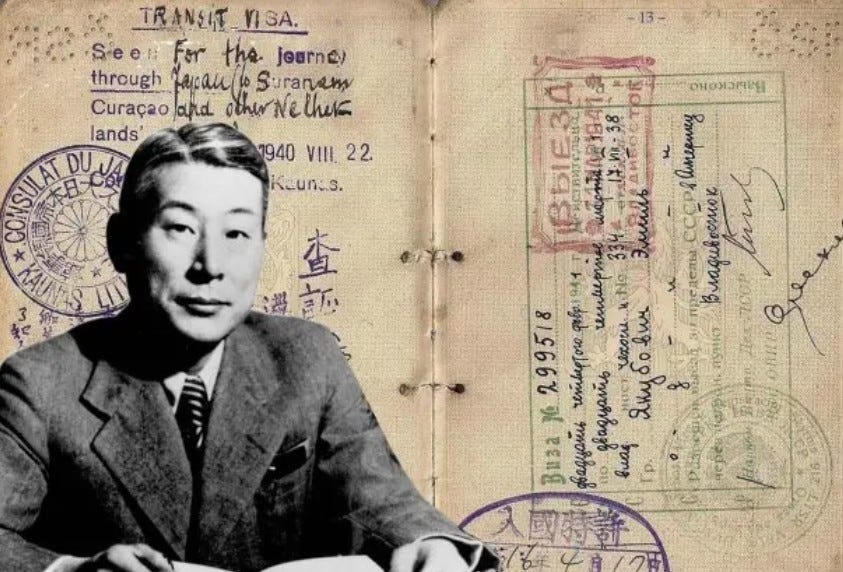For those unfamiliar with the term The Righteous Among The Nations, the phrase is Israel’s honorific for non-Jews who risked their lives to save Jews during the Holocaust. Oskar Schindler is likely the best-known such heroic soul. Another familiar name is Raoul Wallenberg.
Not quite as famous, but no less heroic, was Chiune Sugihara, a Japanese diplomat who, over six feverish weeks during his post at the Lithuanian consulate, manually wrote out visas for thousands of Jews fleeing the Holocaust.
As the New York Times describes it:
Day and night he wrote visas. He issued as many visas in a day as would normally be issued in a month. His wife, Yukiko, massaged his hands at night, aching from the constant effort. When Japan finally closed down the embassy in September 1940, he took the stationery with him and continued to write visas that had no legal standing but worked because of the seal of the government and his name. At least 6,000 visas were issued for people to travel through Japan to other destinations, and in many cases entire families traveled on a single visa. It has been estimated that over 40,000 people are alive today because of this one man.
With the consulate closed, Sugihara had to leave. He gave the consulate stamp to a refugee to forge more visas, and he literally threw visas out of the train window to refugees on the platform.
Many Jews keep a mental checklist of our own Righteous Among The Nations — the clear-eyed and informed non-Jews in our lives who see anti-Semitism for what it is and refuse to be complicit with it, even at real social and professional risk to themselves.
Our inaugural offering is a tribute to Sugihara.
And our inaugural poet is the luminous Jess Burnquist.
It’s hard to imagine a more fitting first poem for Judith Magazine than the one titled Genesis. Not only is this the genesis of the journal, but the poem includes a reference to the name Yehudit — the Hebrew version of Judith.
Genesis
I wasn’t there. I was.
This is my destiny—to understand at last
that my Hebrew name means beloved.
My people, I love you for naming
the nameless in my waking dream.
I will mean the truth behind
every signature. I will teach
my children this dream.
We will not look away
from new nightmares.
I am Yehudit—
my name is older than this life.The next poem speaks directly to me and maybe to you as well:
Where They Gather
I collect the world
like a magpie.
This is why
my people’s stories
have settled inside my center,
scarred and sparkling trinkets.
I build this nest with new
straw and old stones.And finally, here are three incandescent poems explicitly addressing Sugihara:
Linchpin For Sempo Chiune Sugihara 1900-1986 I. Warrior You must have planted your feet chorusing your voice with inherited strength as you told your father, No, when he urged you to become a doctor. Did he live to see how many lives you saved? II. The Last of the Just You wired your Japanese leaders three times for permission to issue visas to Jewish refugees three times you were denied. For the Jews to survive, the Talmud states there must be thirty-six righteous men alive at all times. They are considered ‘The Last of the Just.’ To the weary father, leaning between the fence posts of your yard, the image of your hand stamping Yes grew in exponents of three. In his exhaustion, blurred vision, your goodness clearly multiplied. III. The Song You Heard Even a hunter cannot kill A bird which flies to him For refuge. It was this Samurai maxim that you recalled while preparing the Jews for their flight.
Consider Me Your Student Nightly news chants not if, not if, but when... This dream ends with you, Sugihara. Shying pale blossoms with each step, I translate gardens of words. Unable to gather light, I dream so many lives at a time.
Reverie in Scattered Light
Rainfall weaves itself into my dream
and bits of radio pieces might be thunder,
might be the flash flood in the gutter.
Sugihara,
in a city by the sea, you are memorialized
and I witness people sidestepping
your facts on their way.
Since autumn, I’ve felt as though
I have been pushing against hysteria
and this brings me closer
and closer to you.
This morning the desert light
is like that of a faded picture
between wake and dream’s end
your outstretched hand, mine.
The innermost feeling of daughter.✡︎
A Very Brief Interview With Jess Burnquist:
What are five tiny delights that lift your spirits and make you happy?
My children's irreverent humor
Bright yellow blooms of a Sunny Wind hibiscus
Early morning fog
Writing on the first blank page of a notebook
When the perfect song plays as the ocean comes into view during my commute.
What are five tiny Jewish delights that lift your spirits and make you happy?
A raucous Hava Nagila
The smell of my mother’s brisket and chicken soup (I don't dare choose only one)
Found poetry in a Siddur
The feeling of warmth and familiarity when entering a synagogue, near or far
The power and immediacy of ‘Eli Eli’
✡︎
Jess Burnquist is the author of the chapbook You May Feel Your Way Past Me (Dancing Girl Press). Her writing has appeared in multiple journals, including Clackamas Review, Ms. Magazine/Ms. Muse, Rise Up Review, Poetica Review, NPR.org, Time, Redbook, and The Washington Post. Her essay about public education and parenting was recently accepted into the anthology Public Instincts and Private Ideals, which is forthcoming from Cambridge Scholars Publishing. She currently directs education and youth empowerment at a human rights non-profit in Southern California.
✡︎
Art notes:
Jolita Vaitkute’s website: www.vaitkute.com
Shemtov Ben Shlomo’s Etsy site: https://www.etsy.com/shop/ARTandSCRIPT










A beautiful beginning for Judith! Love the poetry and the art.
This is so beautiful. Kol hakavod to Elissa and to the whole Never Alone Book Club! May Judith and the literature she brings brings for mazal and bracha!!!!